-
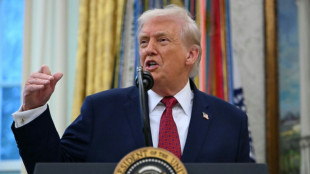 BBC says will fight Trump's $10 bn defamation lawsuit
BBC says will fight Trump's $10 bn defamation lawsuit
-
Stocks retreat ahead of US jobs, oil drops on Ukraine hopes
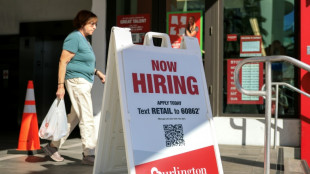
-
 Suicide bomber kills five soldiers in northeast Nigeria: sources
Suicide bomber kills five soldiers in northeast Nigeria: sources
-
EU set to drop 2035 combustion-engine ban to boost car industry

-
 Australia's Green sold for record 252 mn rupees in IPL auction
Australia's Green sold for record 252 mn rupees in IPL auction
-
Elusive December sun leaves Stockholm in the dark
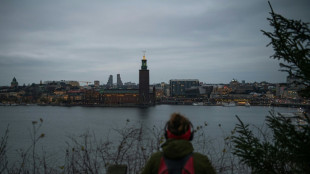
-
 Brendan Rodgers joins Saudi club Al Qadsiah
Brendan Rodgers joins Saudi club Al Qadsiah
-
Thailand says Cambodia must announce ceasefire 'first' to stop fighting
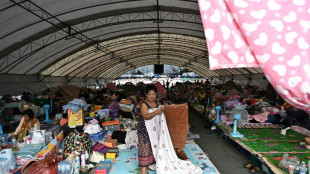
-
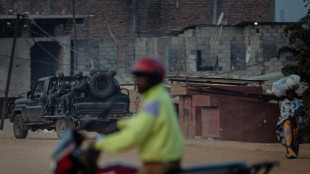 M23 militia says to pull out of key DR Congo city at US's request
M23 militia says to pull out of key DR Congo city at US's request
-
Thousands of glaciers to melt each year by mid-century: study
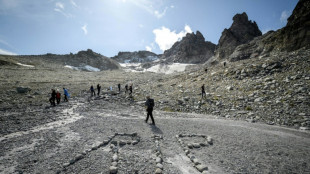
-
 China to impose anti-dumping duties on EU pork for five years
China to impose anti-dumping duties on EU pork for five years
-
Nepal starts tiger census to track recovery

-
 Economic losses from natural disasters down by a third in 2025: Swiss Re
Economic losses from natural disasters down by a third in 2025: Swiss Re
-
Indonesians reeling from flood devastation plea for global help

-
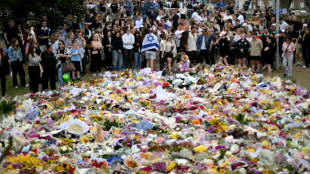 Timeline: How the Bondi Beach mass shooting unfolded
Timeline: How the Bondi Beach mass shooting unfolded
-
On the campaign trail in a tug-of-war Myanmar town

-
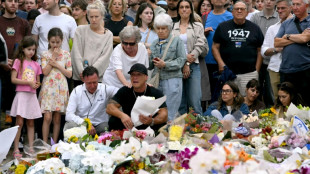 Bondi Beach suspect visited Philippines on Indian passport
Bondi Beach suspect visited Philippines on Indian passport
-
Kenyan girls still afflicted by genital mutilation years after ban

-
 Djokovic to warm up for Australian Open in Adelaide
Djokovic to warm up for Australian Open in Adelaide
-
Man bailed for fire protest on track at Hong Kong's richest horse race

-
 Men's ATP tennis to apply extreme heat rule from 2026
Men's ATP tennis to apply extreme heat rule from 2026
-
Cunningham leads Pistons past Celtics, Nuggets outlast Rockets
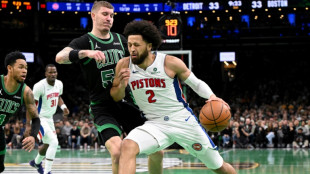
-
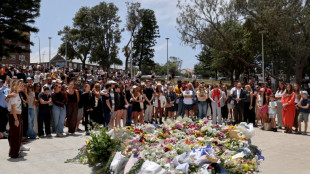 10-year-old girl, Holocaust survivors among Bondi Beach dead
10-year-old girl, Holocaust survivors among Bondi Beach dead
-
Steelers edge towards NFL playoffs as Dolphins eliminated

-
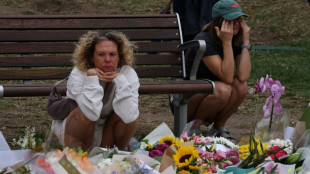 Australian PM says 'Islamic State ideology' drove Bondi Beach gunmen
Australian PM says 'Islamic State ideology' drove Bondi Beach gunmen
-
Canada plow-maker can't clear path through Trump tariffs
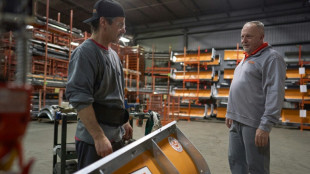
-
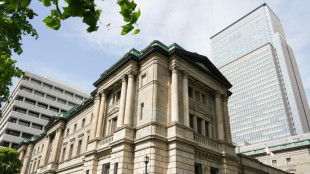 Bank of Japan expected to hike rates to 30-year high
Bank of Japan expected to hike rates to 30-year high
-
Cunningham leads Pistons past Celtics
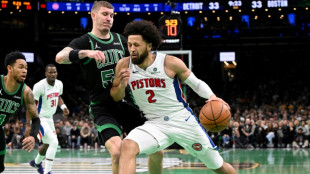
-
 Stokes tells England to 'show a bit of dog' in must-win Adelaide Test
Stokes tells England to 'show a bit of dog' in must-win Adelaide Test
-
EU to unveil plan to tackle housing crisis
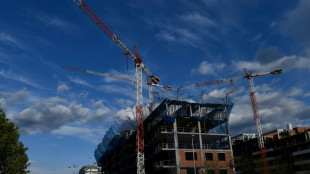
-
 EU set to scrap 2035 combustion-engine ban in car industry boost
EU set to scrap 2035 combustion-engine ban in car industry boost
-
Australian PM visits Bondi Beach hero in hospital
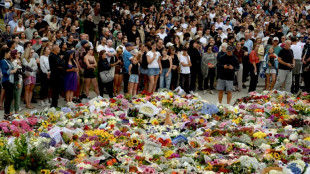
-
 'Easiest scam in the world': Musicians sound alarm over AI impersonators
'Easiest scam in the world': Musicians sound alarm over AI impersonators
-
'Waiting to die': the dirty business of recycling in Vietnam
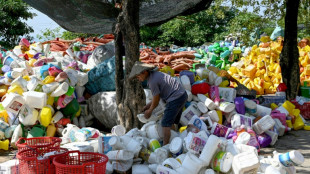
-
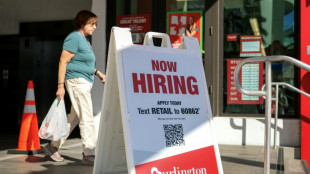 Asian markets retreat ahead of US jobs as tech worries weigh
Asian markets retreat ahead of US jobs as tech worries weigh
-
Security beefed up for Ashes Adelaide Test after Bondi shooting

-
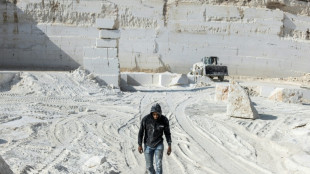 Famed Jerusalem stone still sells despite West Bank economic woes
Famed Jerusalem stone still sells despite West Bank economic woes
-
Trump sues BBC for $10 billion over documentary speech edit
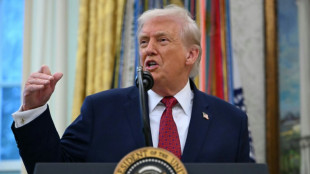
-
 Chile follows Latin American neighbors in lurching right
Chile follows Latin American neighbors in lurching right
-
Will OpenAI be the next tech giant or next Netscape?

-
 Khawaja left out as Australia's Cummins, Lyon back for 3rd Ashes Test
Khawaja left out as Australia's Cummins, Lyon back for 3rd Ashes Test
-
Australia PM says 'Islamic State ideology' drove Bondi Beach shooters
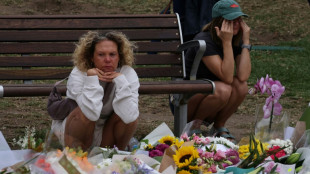
-
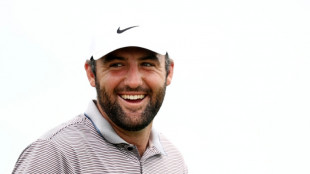 Scheffler wins fourth straight PGA Tour Player of the Year
Scheffler wins fourth straight PGA Tour Player of the Year
-
The U.S. Polo Assn. Palm Beaches Marathon Celebrates Record-Breaking Weekend in West Palm Beach, Florida

-
 Mosaic Announces Phosphate Production Curtailments in Brazil
Mosaic Announces Phosphate Production Curtailments in Brazil
-
Ryde and GO-GENIE Deepen Partnership to Optimize Resources and Unlock More Opportunities for Gig Workers

-
 Snowline Gold Awards Key Contracts and Commences Prefeasibility Study on its Flagship Rogue Project, Yukon
Snowline Gold Awards Key Contracts and Commences Prefeasibility Study on its Flagship Rogue Project, Yukon
-
Tokenwell Plans to Establish U.S. Subsidiary in Dallas, Texas, to Expand its Presence in the Growing Digital Asset Hub

-
 CTT Pharma's Scientists Publish Peer-Reviewed Paper in the Journal of Drug Delivery and Therapeutics
CTT Pharma's Scientists Publish Peer-Reviewed Paper in the Journal of Drug Delivery and Therapeutics
-
Nano One Receives C$10.9M from Financing and Government Programs

Trump’s Crackdown: Lives/Risk
In a dramatic push to tackle the skyrocketing cost of prescription drugs in the United States, President Donald Trump has taken decisive action against the pharmaceutical industry. With the stroke of a pen, he signed an executive order designed to slash drug prices, promising relief for millions of Americans burdened by exorbitant healthcare costs. However, this bold move has sparked fierce debate, with critics warning that the consequences could be catastrophic—potentially costing millions of lives due to drug shortages and stifled innovation.
Trump’s Plan to Lower Drug Prices
The executive order, enacted on May 12, 2025, seeks to align U.S. drug prices with those in other developed nations, where medications often cost a fraction of what Americans pay. Trump has long criticized the pharmaceutical industry for what he calls unfair pricing practices, arguing that U.S. consumers have been overcharged for years. The order aims to reduce prices by 30% to 80%, targeting both brand-name and generic drugs. It relies on voluntary compliance from drug companies, with the threat of future regulations looming if they fail to cooperate. For many patients, this could mean significant savings on medications that currently drain their finances.
The Dark Side: Drug Shortages Loom
While the goal of affordability is laudable, the plan has raised red flags among healthcare experts and industry leaders. One major concern is the risk of drug shortages. The U.S. already faces periodic shortages of critical medications, such as those used in cancer treatments and epidurals. Forcing pharmaceutical companies to lower prices could make it unprofitable to produce certain drugs, particularly low-cost generics. If production slows or stops, hospitals and pharmacies could struggle to secure enough supply, leaving patients without access to life-saving treatments. The ripple effect could be devastating, especially for vulnerable populations like cancer patients and the elderly.
A Blow to Innovation
Beyond immediate supply issues, the executive order could deal a severe blow to pharmaceutical innovation. Developing new drugs is an expensive and risky endeavor, often costing billions of dollars and taking years of research. The U.S. market, with its higher drug prices, has long been a key source of revenue for this work. If that revenue shrinks, companies may cut back on research and development, slowing the creation of new treatments for diseases like Alzheimer’s, cancer, and rare genetic disorders. A healthcare economist recently cautioned that such a move could “delay breakthroughs that millions of patients are counting on,” trading short-term savings for long-term losses in medical progress.
Economic Fallout
The economic implications are equally troubling. The pharmaceutical industry employs thousands of Americans and drives significant investment in the U.S. economy. Lower prices could lead to job cuts and reduced funding for new projects. One major drug company has already hinted at rethinking its $50 billion investment in the U.S. if the order takes full effect. While consumers might save money at the pharmacy, the broader economy could suffer as a result.
The Case for Change
Despite these risks, supporters argue that action is overdue. Prescription drug prices in the U.S. are nearly three times higher than in other advanced countries, forcing many Americans to ration their medications or skip doses entirely. Lowering prices could save billions of dollars and improve access for those with chronic conditions like diabetes or heart disease. For these patients, Trump’s order represents a lifeline—a chance to afford the drugs they need to survive.
A High-Stakes Gamble
As the dust settles, the debate rages on. Will Trump’s crackdown on the pharmaceutical industry deliver on its promise of affordable healthcare, or will it unleash a cascade of unintended consequences? The order’s success hinges on cooperation from an industry reluctant to sacrifice profits, and its failure could leave patients paying the ultimate price. For now, the nation watches as this high-stakes gamble unfolds, with millions of lives in the balance.
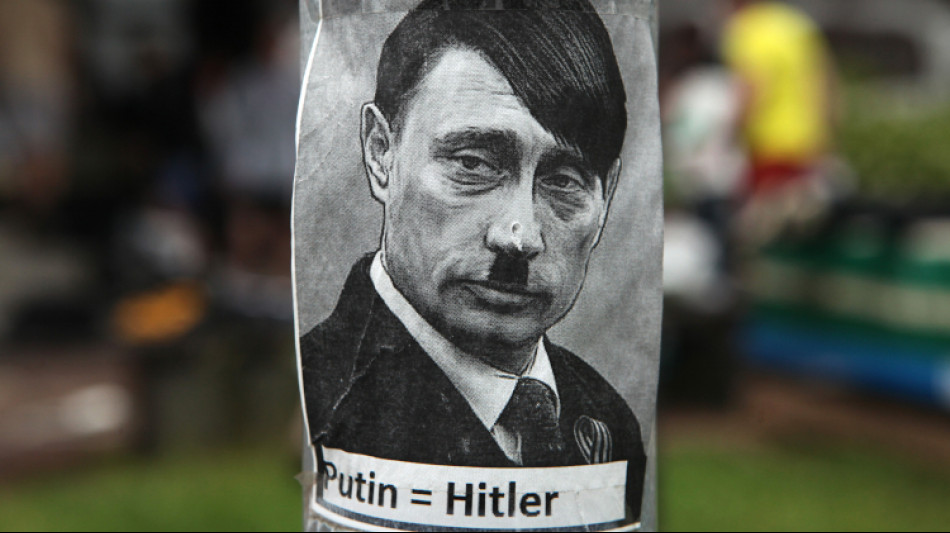
Ukraine: War terror of the russian army!

War crime by the Russians: Thousands without drinking water in Ukraine
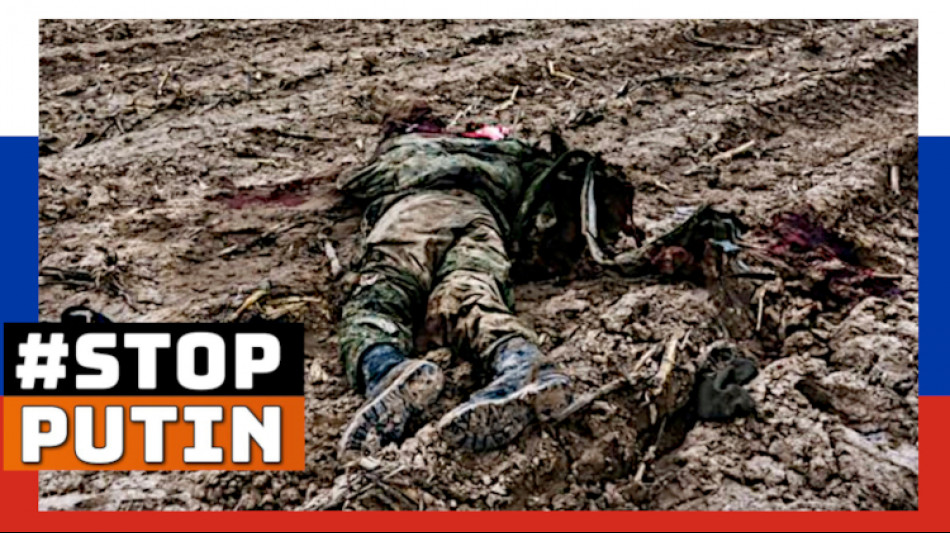
We thank the Heroes of Ukraine!

Arab League reinstates Syrian membership after a 12-years

Turkey's President Erdogan shows he is ready for a fight

Россия - это государство без будущего!
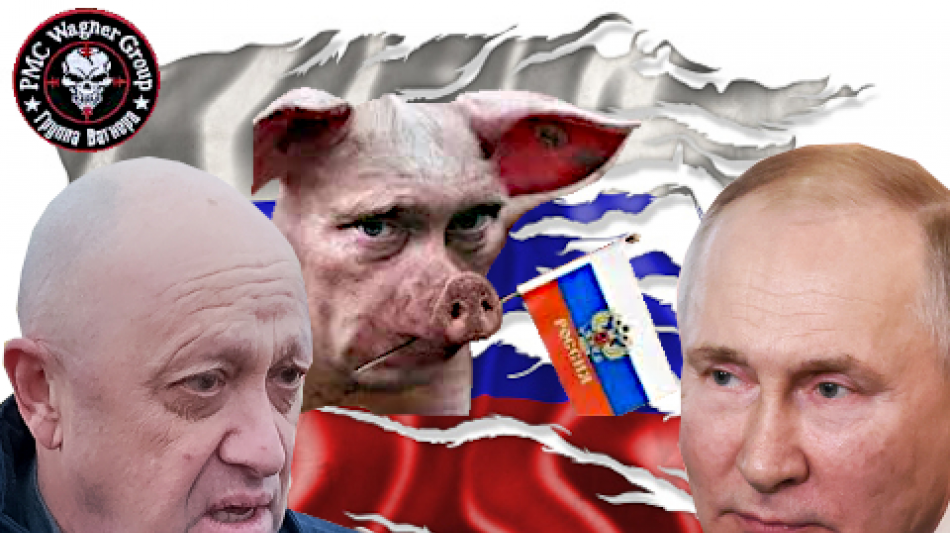
Три тупые свиньи: Пригожин, Шойгу и Путин!
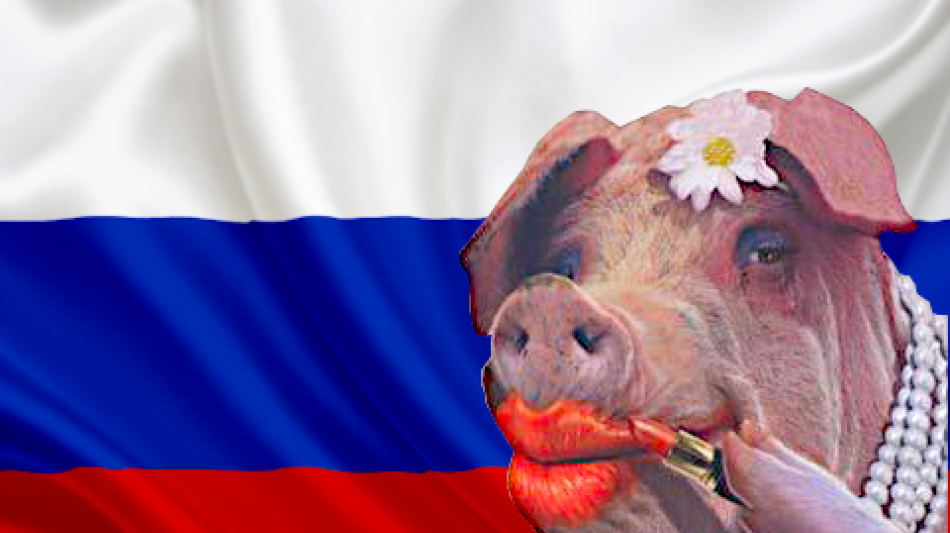
Perverted Russian gets a bashing as flag thief

Россия: Кто придет после преступника Путина?

Thank you Ukraine for the destruction of the Russian terror soldiers!

У российского террористического государства мало боеприпасов



